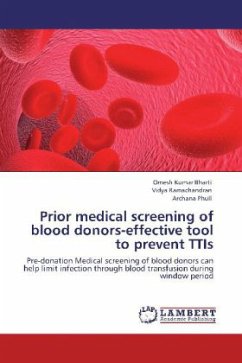Our increasing knowledge of tumor immunology together with the tremendous advances made in gene delivery strategies have paved the way to stimulate anti-tumor immune responses using immuno-gene therapy. Many different approaches to immuno-gene therapy have been explored. These differ in the vector used for gene delivery, the target cells as well as the genes delivered to these target cells. Herein, we applied Lentiviral Vectors (LVs) mainly for the modification of cancer cells as these were brought to the fore front as an ideal gene transfer vehicle, largely due to their ability to deliver a relatively large cargo to many, if not all cell types. This work contains four chapters; chapter I which contains an overview on the basics of LVs and tumor immunology, and cutting across different strategies in which LVs have been employed in the fight against cancer. In chapters II and III, we evaluated the therapeutic effect of delivery of two important genes to cancer cells by LVs. In Chapter IV, we discussed the implications of these findings and highlighted future directions.
Bitte wählen Sie Ihr Anliegen aus.
Rechnungen
Retourenschein anfordern
Bestellstatus
Storno








